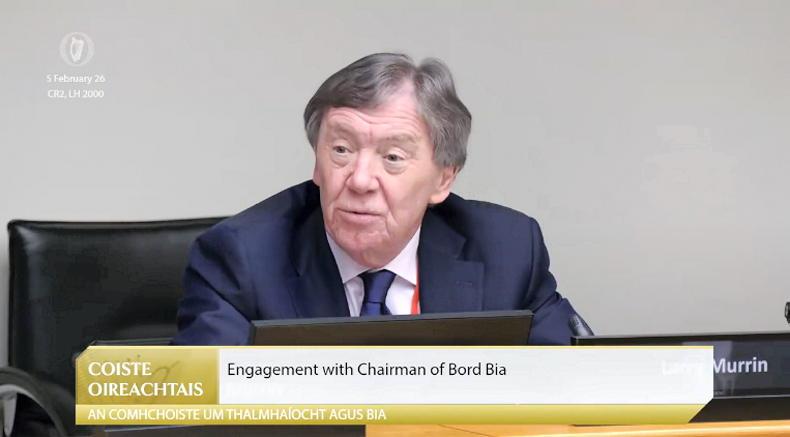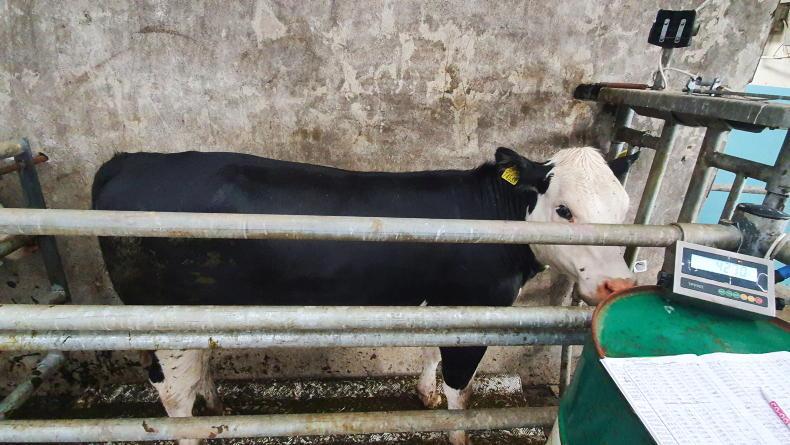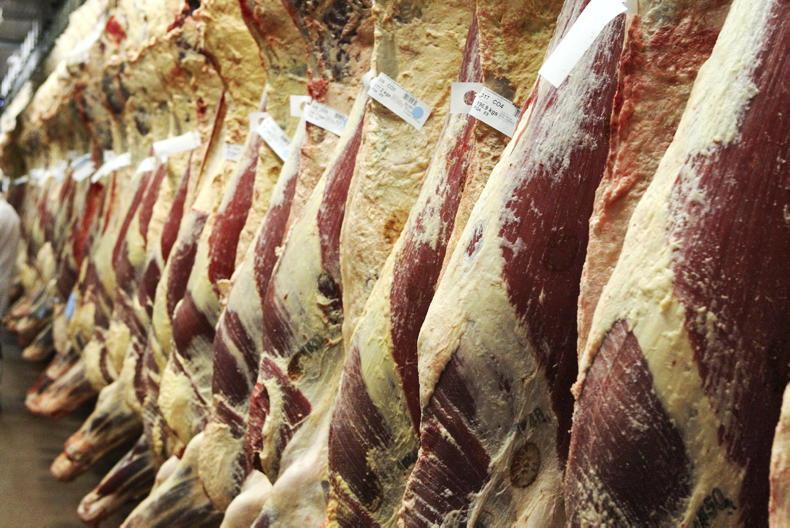Forestry is the ace up Ireland’s sleeve in order to reach the 25% reduction in emissions from agriculture before the end of the decade, Minister for Agriculture Charlie McConalogue has said.
Speaking at the launch of the Teagasc climate action strategy 2022-2030 in Ashtown on Thursday, the Minister said that the new €1.3bn National Forestry Programme will be a key enabler to drive positive environmental improvements.
The new programme, McConalogue said, will lead to increased afforestation rates, which will play a crucial role in the journey to climate neutrality.
“We have delivered an impressive and ambitious new forestry programme that will revolutionise the way we all as farmers, landowners and society interacts with forestry.
“It will be a key income driver for our farm families and it will help drive a healthy and balanced economy,” he said.
The increased premiums for planting trees by between 46% and 66% and extension to the premium period from 15 to 20 years for farmers has provided a new vision for forestry, Minister McConalogue said.
Digital database
In order to bring about the change required on Irish farms, the development of digital platforms, which will be a tool to benchmark current emissions, will be key, he said.
Commenting on the new Teagasc digital sustainability platform, the Minister said: “Ireland has some excellent databases, which this platform will leverage to build a tool for farmers and advisers to benchmark current emissions on an individual farm and make a plan to reduce these.”
This platform will result in each farmer being able to know their number in relation to carbon emissions and thus make a plan to reduce emissions.
“In time, the platform will also include carbon sequestration in soils, woodlands, forests and hedgerow. This will be a key national resource for the future,” he said.
Climate action plan
The Minister said that the Government will shortly publish a new climate action plan for 2023, which will be the first plan to set legal carbon budgetary limits on the amount of carbon dioxide emissions the sector can emit.
“These budgets will challenge the sector like never before and I have no doubt that research is key to unlocking the technologies that will be needed to drive down our emissions over the coming years and further improve the sustainability of our sector,” he said.









SHARING OPTIONS